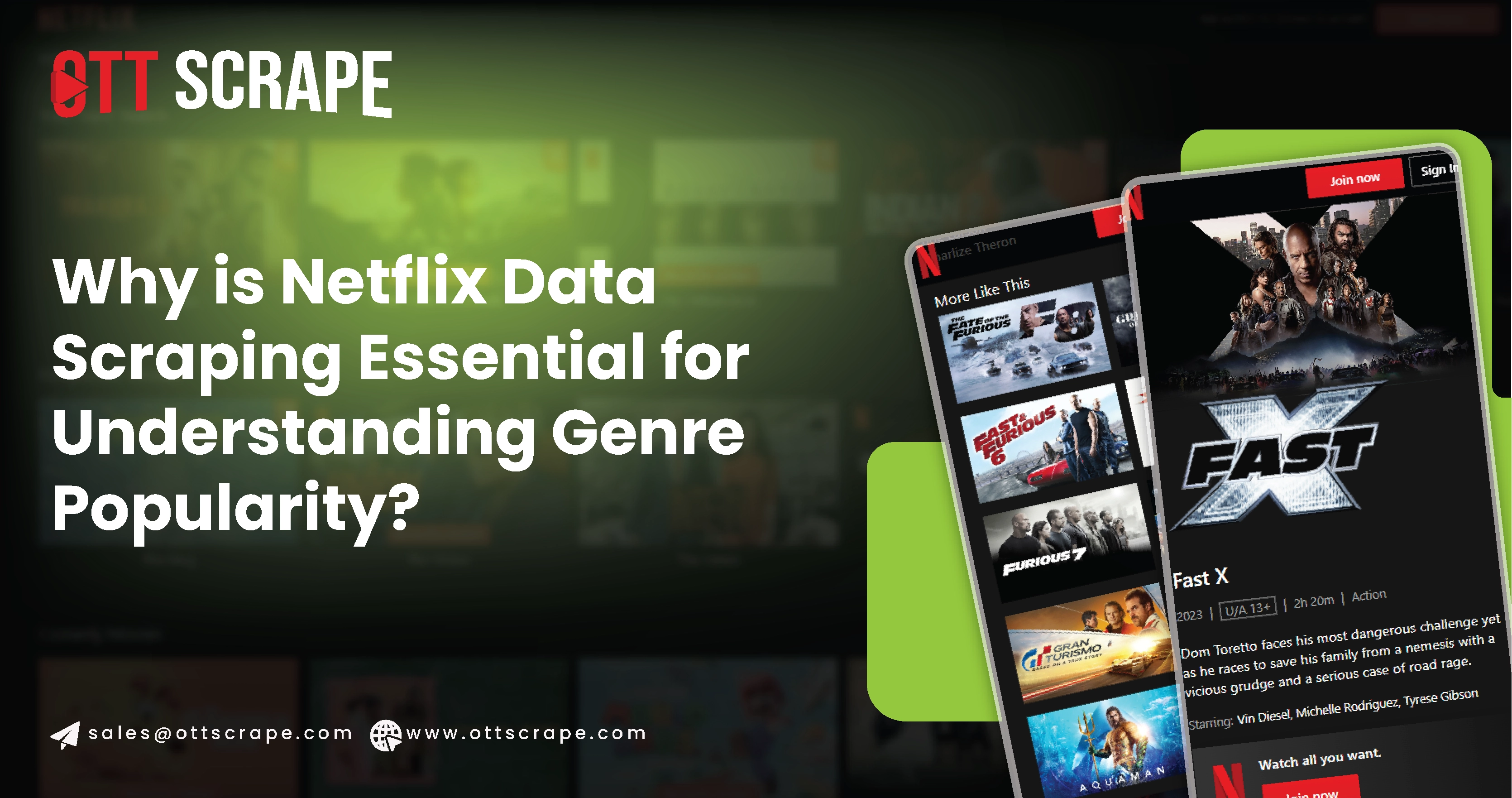
Introduction
In the ever-evolving digital entertainment landscape, streaming platforms like Netflix have become predominant players, reshaping how audiences consume content. The vast array of genres on Netflix, from gripping thrillers and heartfelt dramas to whimsical comedies and nail-biting documentaries, reflects diverse viewer preferences. Understanding the popularity of these genres is crucial for various stakeholders, including filmmakers, marketers, and content creators, as it informs decisions regarding production, promotion, and distribution. One of the most effective ways to analyze genre popularity is through Netflix Data Scraping, a technique that allows for collecting and analyzing large datasets from web sources. This article delves into how Netflix data collection can be utilized to explore genre popularity, the significance of this analysis, and the implications for the industry, focusing on insights drawn from Netflix Movie Datasets.
The Importance of Genre Popularity Analysis

Analyzing genre popularity on streaming platforms like Netflix is crucial for various stakeholders in the entertainment industry. Here's a detailed breakdown of its multifaceted benefits:
1. Content Strategy: Understanding trending genres enables content creators and producers to align their projects with audience interests. By leveraging insights from Netflix data collection, they can develop content that resonates with viewers, leading to higher engagement and increased viewership. This alignment ensures that new projects are more likely to succeed in a competitive landscape.
2. Marketing Insights: Marketers can harness Netflix Movie Data Collection to tailor their promotional strategies to genre trends. For instance, if data shows a surge in the popularity of romantic comedies, marketing campaigns can be designed to spotlight similar content. This targeted approach maximizes marketing effectiveness and enhances viewer attraction.
3. Investment Decisions: Investors and stakeholders in the entertainment industry can utilize insights from Netflix Scraping APIs to make informed decisions about where to allocate funds and resources. Understanding which genres are thriving helps investors back projects with the highest potential for success, optimizing their investment portfolios.
4. Understanding Audience Behavior: Scrape Netflix Movie Streaming Data and analyze genre popularity over time to provide researchers with valuable insights into evolving audience preferences, seasonality, and cultural influences. This understanding helps stakeholders anticipate shifts in viewer interests and adjust strategies accordingly.
5. Predictive Analysis: By utilizing comprehensive insights from Netflix Data Scraping Services, companies can use predictive analysis to forecast future viewer behavior. This capability enables them to stay ahead of the competition by adapting to changing trends and preferences before they become mainstream.
Given these advantages, the necessity for robust data collection methods like web scraping becomes increasingly clear. These methods equip stakeholders with the tools they need to thrive in the dynamic landscape of online streaming.
The Role of Data Scraping in Genre Popularity Analysis

Data scraping is extracting information from websites to create comprehensive datasets for analysis. In the context of Netflix, this technique facilitates the collection of extensive data about various titles, such as their genres, ratings, view counts, release dates, and more. By employing methods to scrape Netflix Series streaming data, researchers and analysts can aggregate this information to uncover valuable insights into genre popularity. These insights can guide content creation, marketing strategies, and investment decisions within the entertainment industry. Additionally, utilizing a Scrape Netflix Data API enables a more streamlined and efficient way to gather this data, making it easier to access and analyze Netflix Series datasets. This data collection and analysis combination ultimately supports a deeper understanding of viewer preferences and trends, allowing stakeholders to make informed decisions in an increasingly competitive landscape.
Key Data Points to Collect
When scraping data from Netflix, several key data points can provide valuable insights into genre popularity:
- Title Information: The names of shows and movies which can be linked to their respective genres.
- Genres: Each title typically belongs to one or more genres, providing the primary focus of the analysis.
- Release Date: This data can help identify trends over time and seasonal preferences.
- Ratings and Reviews: User ratings and reviews can provide qualitative insights into why specific genres are more popular than others.
- Viewership Numbers: While Netflix does not publicly disclose viewership data, estimates can often be gleaned from third-party sources or aggregated data.
- User Interaction Metrics: Information on how long users watch a title or the completion rates can indicate genre engagement.
Data Sources for Netflix Genre Scraping
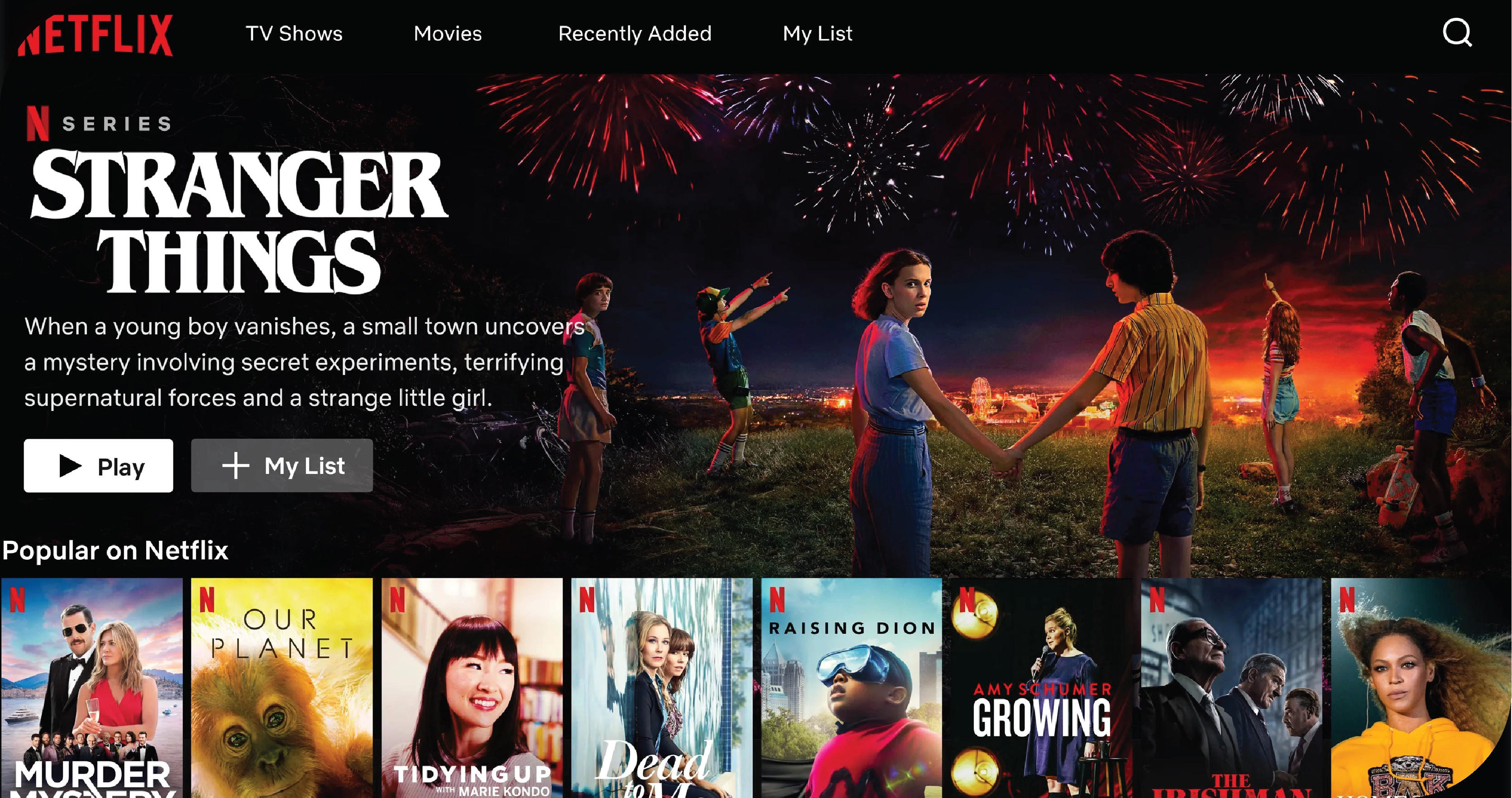
While Netflix does not provide an official API for accessing its data, several strategies can be employed to scrape genre data:
1. Third-Party Aggregators: Several websites aggregate information about streaming titles, including their genres. These sites can be valuable sources of data for genre analysis.
2. Social Media Insights: Several platforms can provide insights into audience sentiments and trends surrounding specific genres. Scraping discussions and mentions can offer qualitative data that complements quantitative genre statistics.
3. Web Scraping Tools: Various tools and libraries, such as Beautiful Soup, Scrapy, or Selenium, can facilitate the scraping process. These tools allow for the extraction of HTML data and conversion into usable formats for analysis.
Analyzing Scraped Data
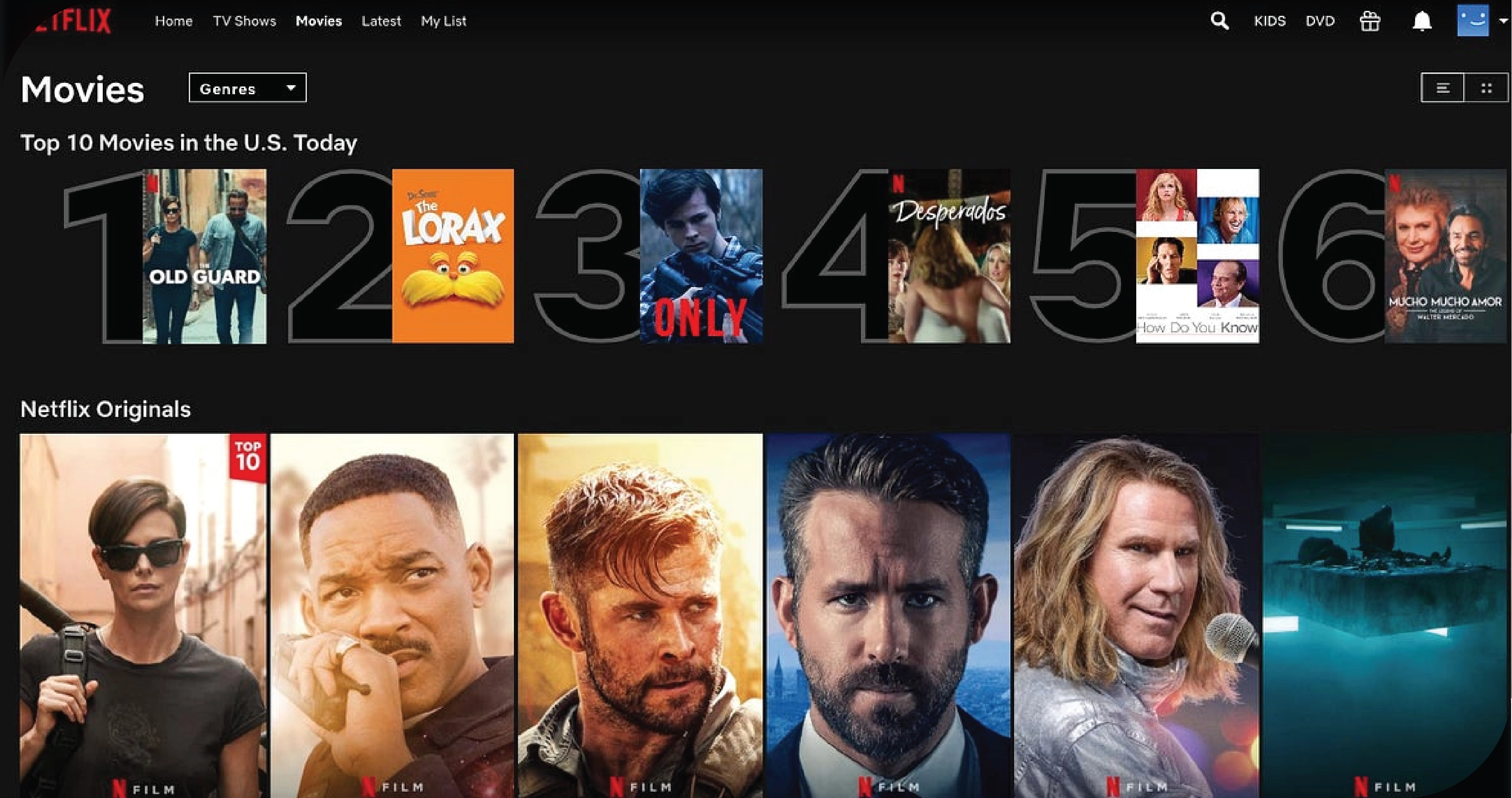
Once the data has been collected, various analytical techniques can be applied to uncover trends in genre popularity.
1. Descriptive Analytics
Descriptive analytics summarizes the data, highlighting key trends and patterns in genre popularity. This can include:
- Most Popular Genres: By aggregating the titles within each genre, analysts can identify which genres are trending on Netflix.
- Genre Growth Trends: Analyzing changes in the number of titles released within each genre over time can indicate growing or declining interest.
2. Comparative Analysis
Comparative analysis allows for the exploration of genre popularity across different dimensions:
- Temporal Trends: Analyzing genre popularity over different periods (e.g., months or years) can reveal seasonal preferences and trends.
- Geographic Trends: Comparing genre popularity in different countries or regions can highlight cultural differences in viewing preferences. For example, horror films may be more prevalent in one country, while dramas thrive in another.
3. Sentiment Analysis
Researchers can understand the emotional reactions associated with different genres by analyzing user reviews and social media sentiments. This qualitative analysis can provide deeper insights into why specific genres resonate more with audiences than others.
4. Predictive Modeling
Analysts can use machine learning algorithms to create predictive models based on historical data. These models can forecast future genre popularity trends, allowing stakeholders to make proactive decisions regarding content creation and marketing strategies.
Case Studies of Genre Popularity Analysis
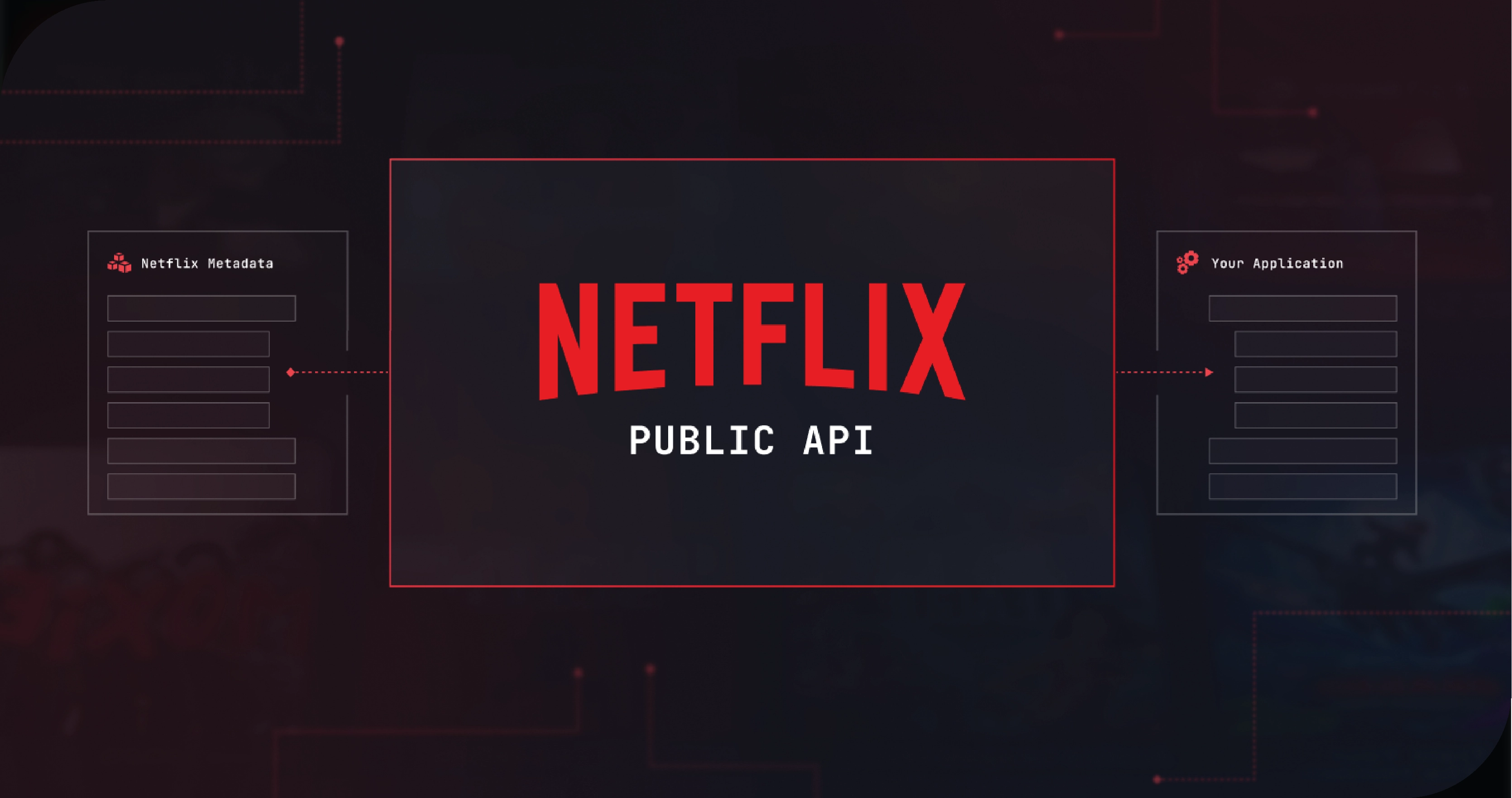
1. Rise of True Crime
True crime has seen a remarkable surge in popularity over the past decade. By employing Netflix API scraping to analyze trends, it becomes evident that this genre has captivated audiences with its gripping series. Analyzing viewership numbers, social media discussions, and audience reviews can explain why this genre resonates with viewers. The popularity can be attributed to the thrill of real-life mysteries and the increasing public interest in criminal justice reform.
2. The Comedy Renaissance
In recent years, Netflix has seen an influx of stand-up comedy specials and comedic series. Analyzing genre data through methods to extract Netflix API data shows a correlation between the number of comedy specials released and audience ratings. Furthermore, examining user interaction metrics, such as completion rates, reveals that viewers are likelier to finish a comedy special than other genres, suggesting a solid engagement level. The findings can help inform future investment in comedic content.
3. Sci-Fi and Fantasy Trends
Sci-fi and fantasy genres have consistently maintained a loyal fanbase. Using Netflix data extraction, one might observe a spike in interest surrounding series like "Stranger Things" and "The Witcher." Analyzing genre popularity can also reveal seasonal patterns, as audiences often gravitate toward escapist content during challenging times. The data collected can provide insights into how cultural events impact genre preferences.
Challenges in Netflix Data Scraping
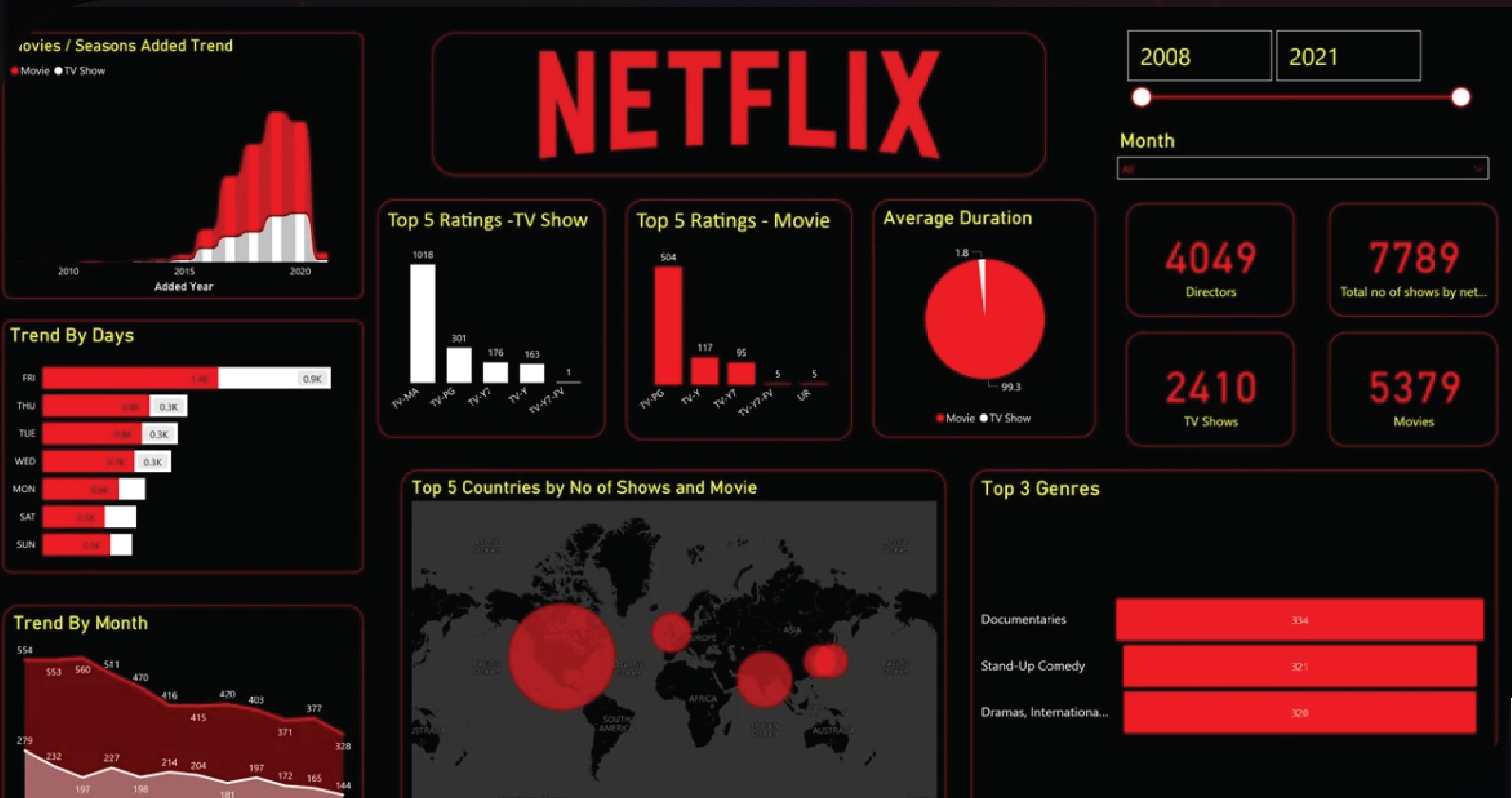
While data scraping offers valuable insights, there are several challenges that analysts must navigate:
1. Data Quality and Completeness: The quality of the data scraped can vary, and ensuring its accuracy is crucial for reliable analysis. Incomplete data or inaccuracies can skew results.
2. Legal and Ethical Considerations: Scraping website data can raise legal and ethical questions. It's essential to adhere to website terms of service and consider the implications of data usage.
3. Dynamic Content: Streaming platforms frequently update their libraries. Keeping scraped data current can be challenging, requiring regular updates and maintenance of scraping processes.
4. Technical Difficulties: Web scraping can encounter technical challenges, such as CAPTCHA systems, rate limiting, or changes in website structure that can hinder the scraping process.
Conclusion
Scrape Netflix Streaming Data to explore genre popularity and understand audience preferences and trends in the entertainment industry. By leveraging this data, stakeholders can make informed decisions regarding content creation, marketing strategies, and investment opportunities. The continuous evolution of viewing habits necessitates ongoing analysis, and data scraping provides a practical solution for capturing this dynamic landscape. As streaming platforms continue to grow in prominence, the insights derived from genre popularity analysis will be invaluable for shaping the future of entertainment.
Embrace the potential of OTT Scrape to unlock these insights and stay ahead in the competitive world of streaming!
